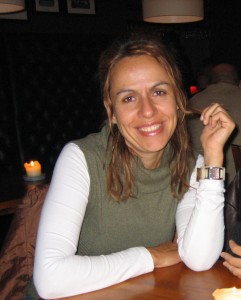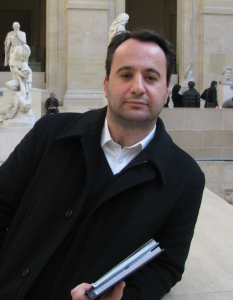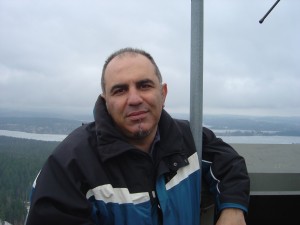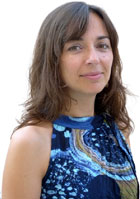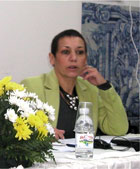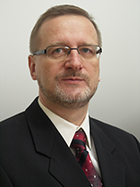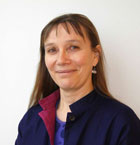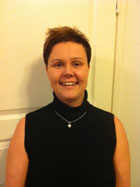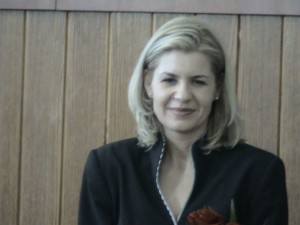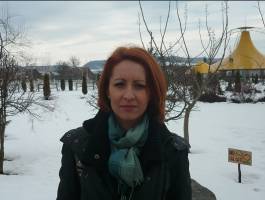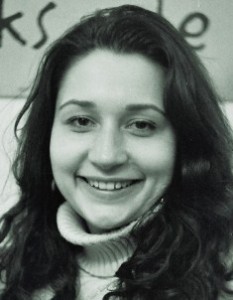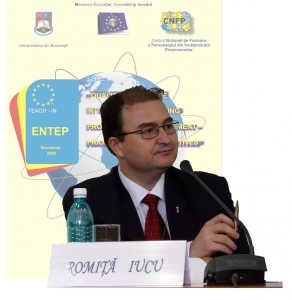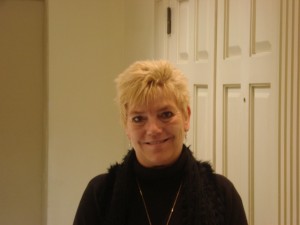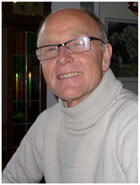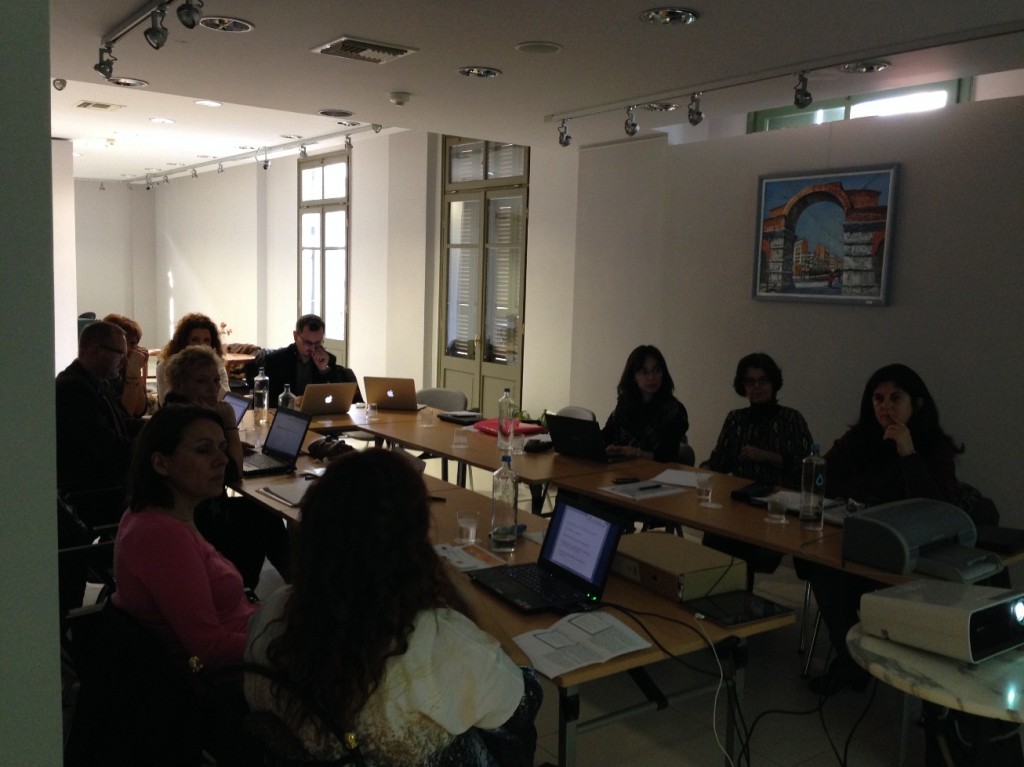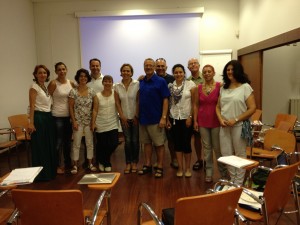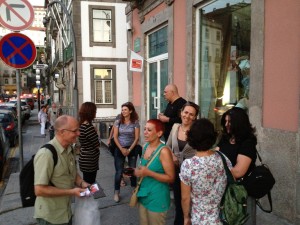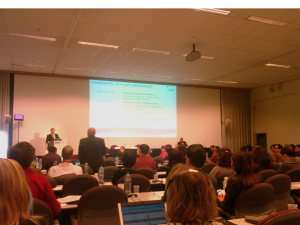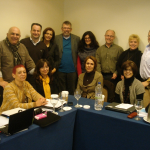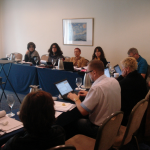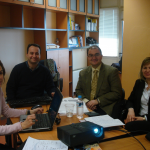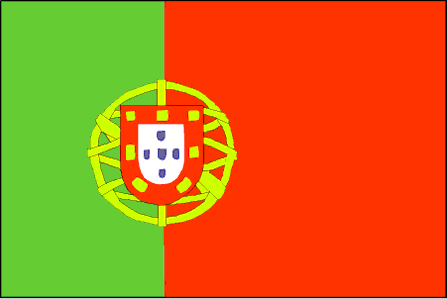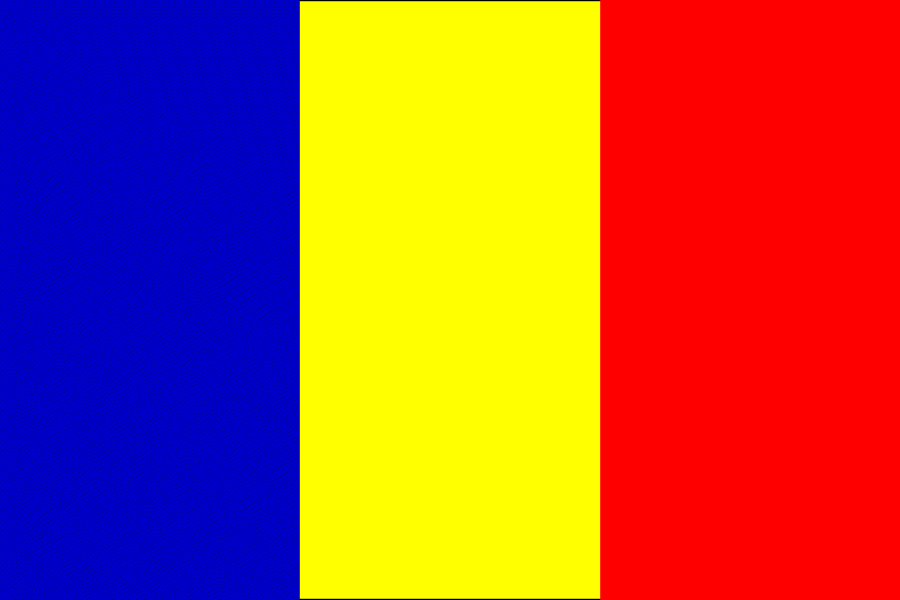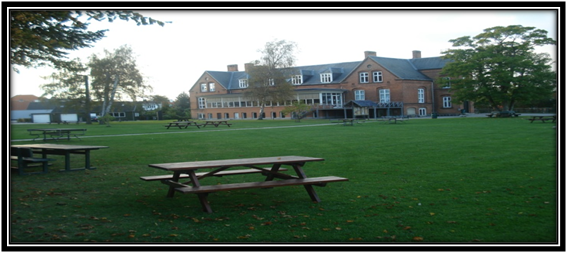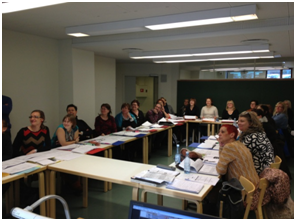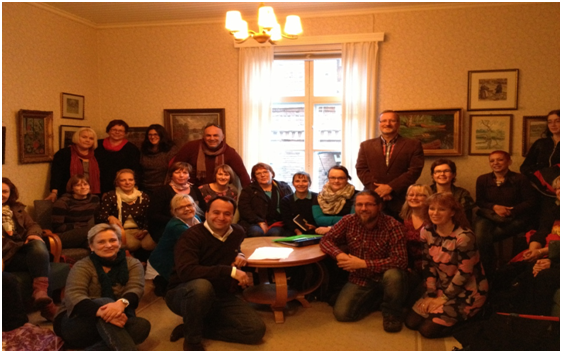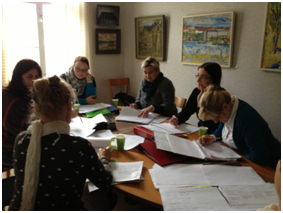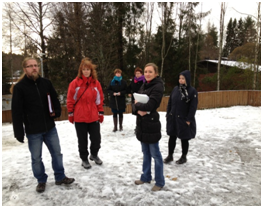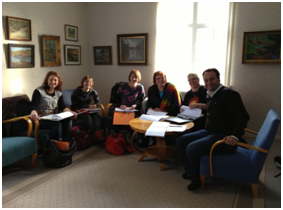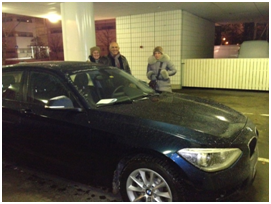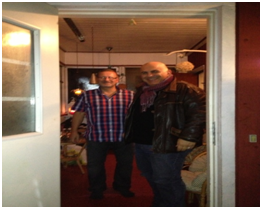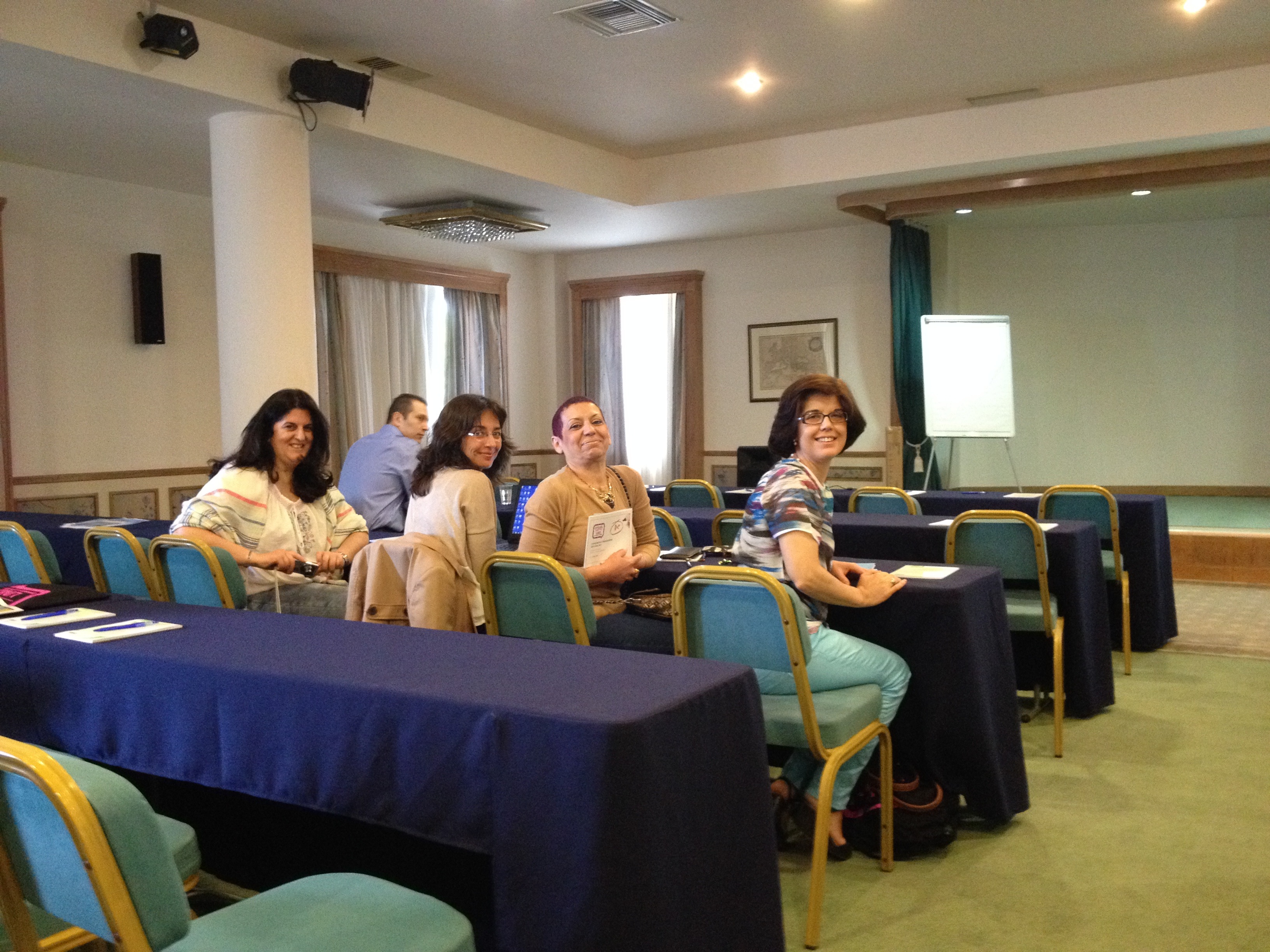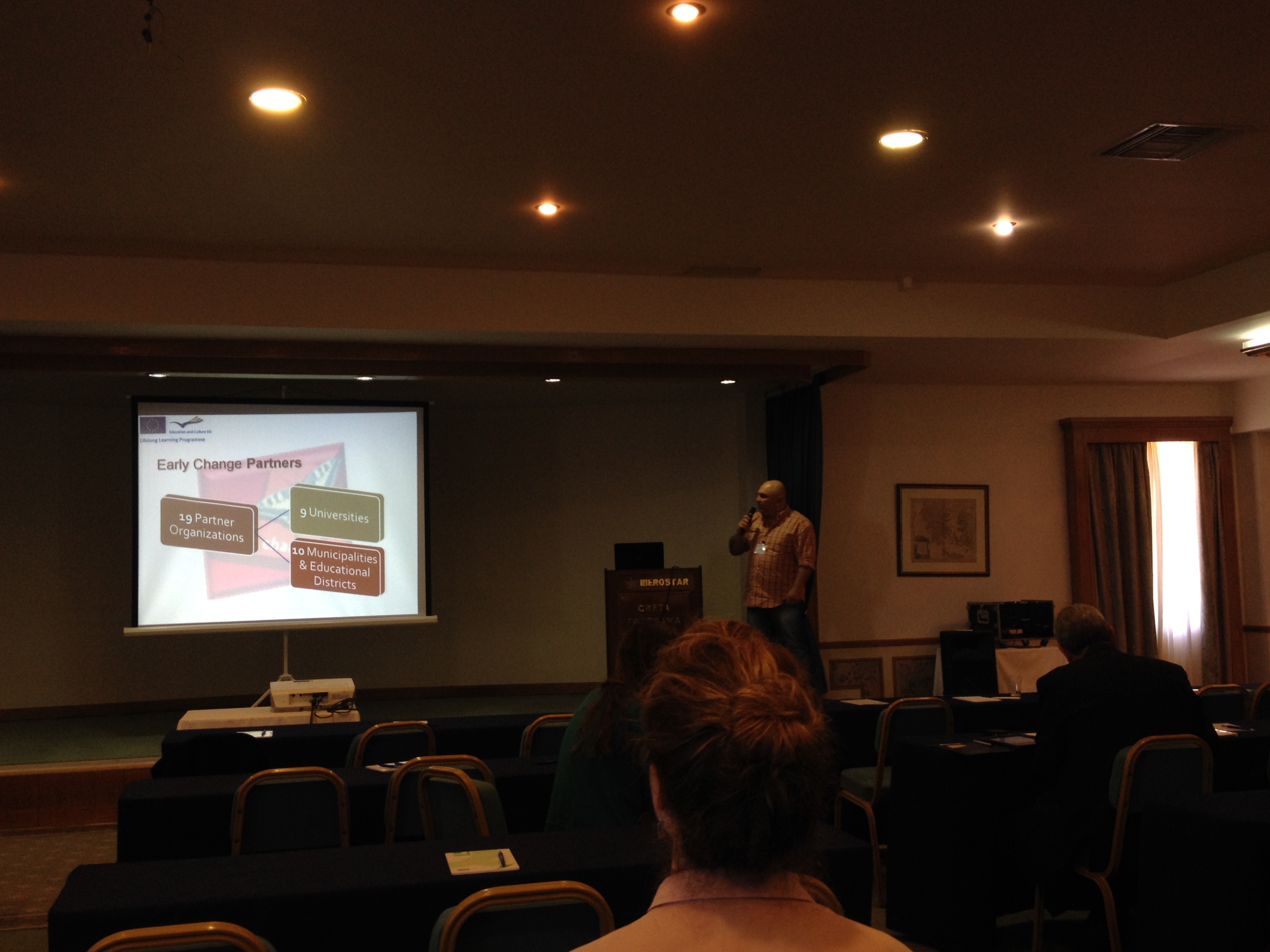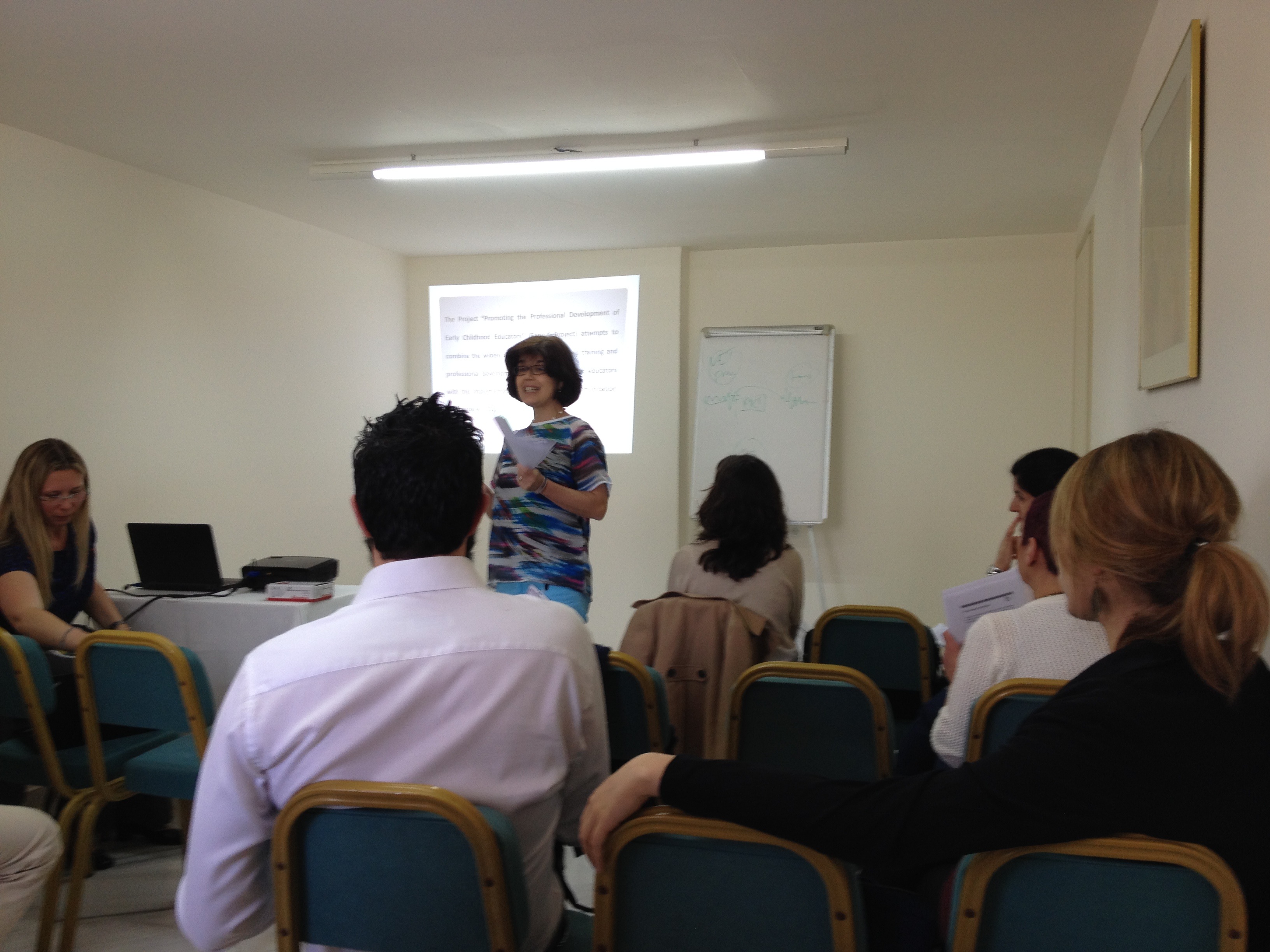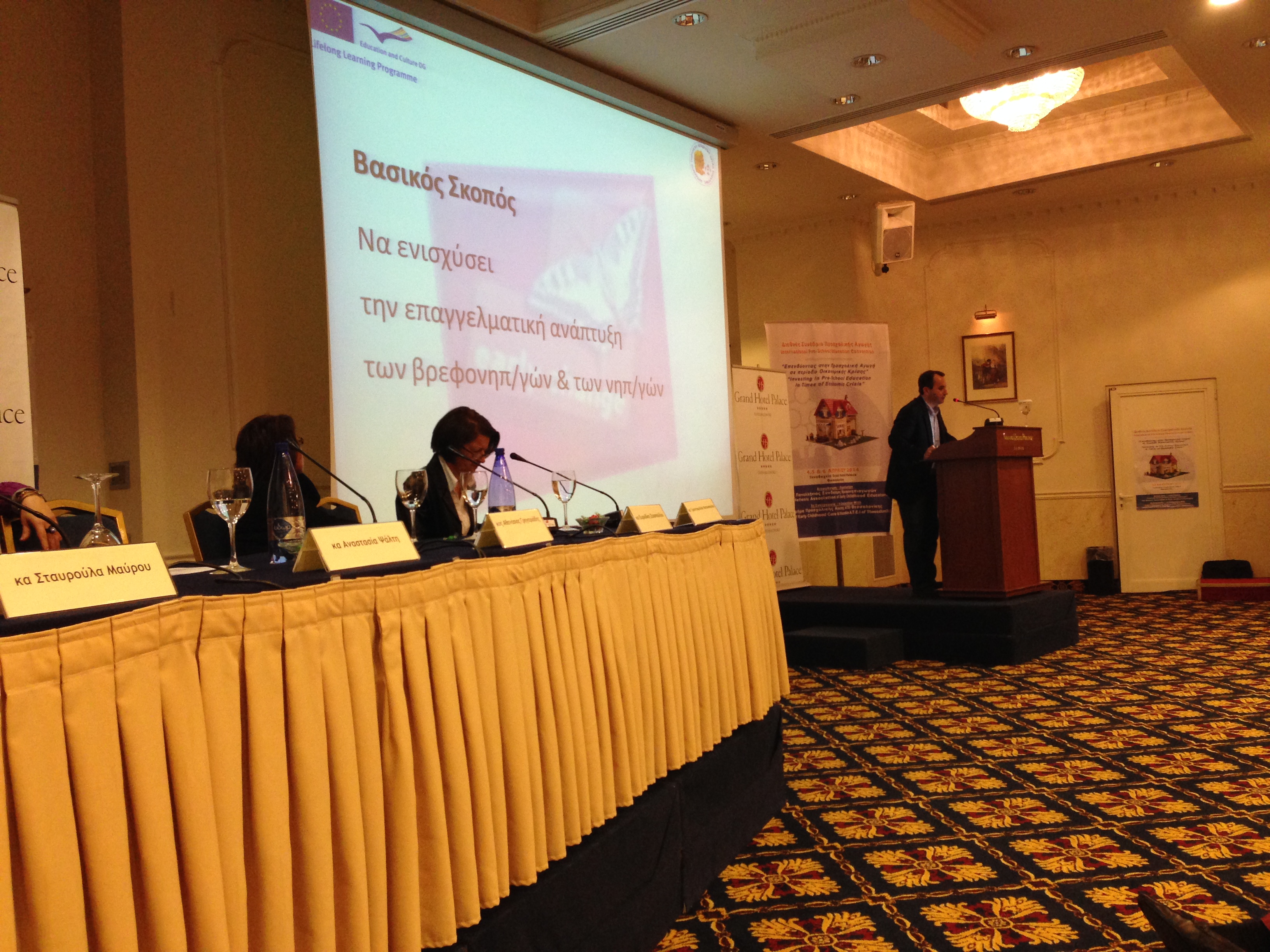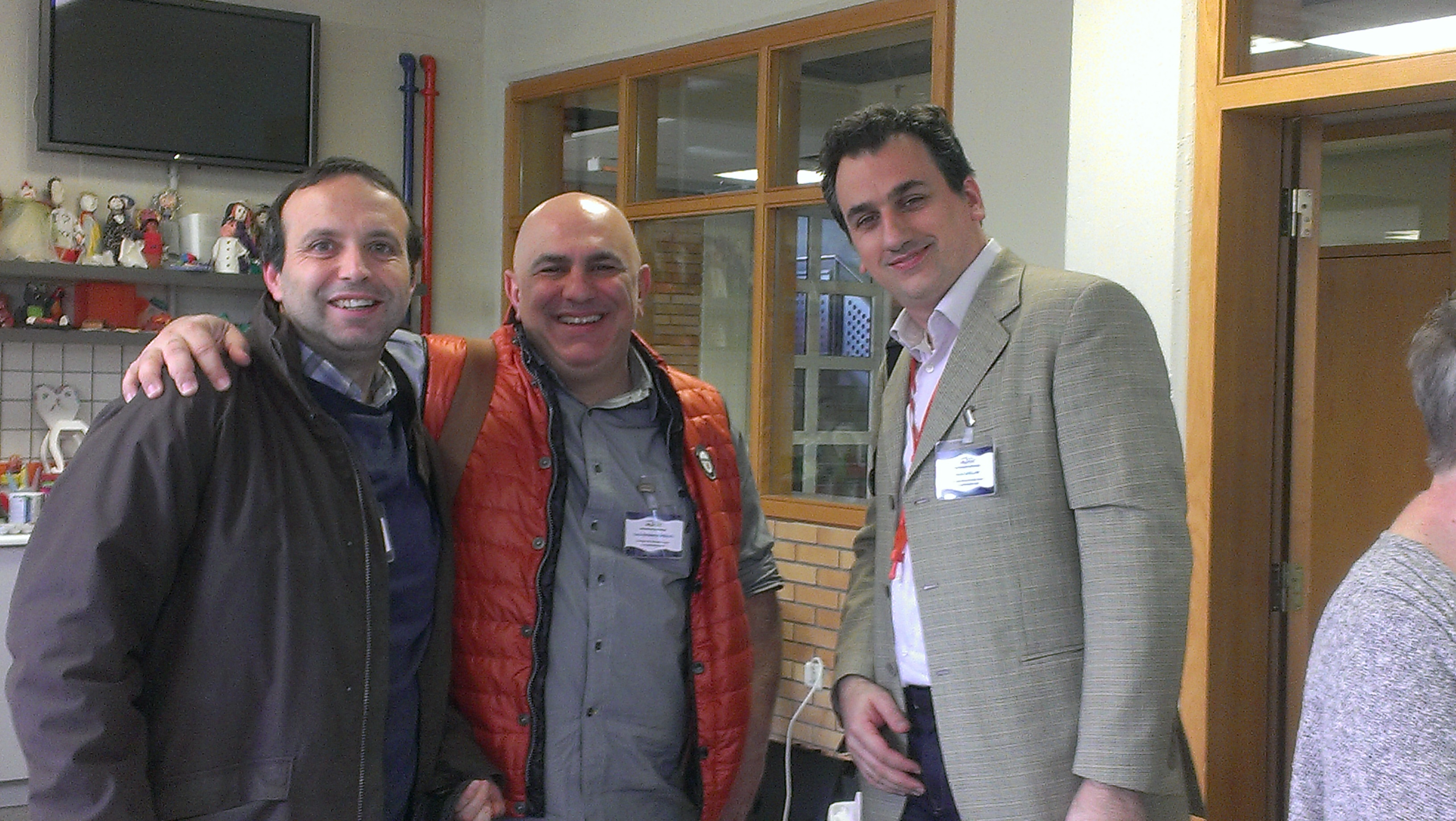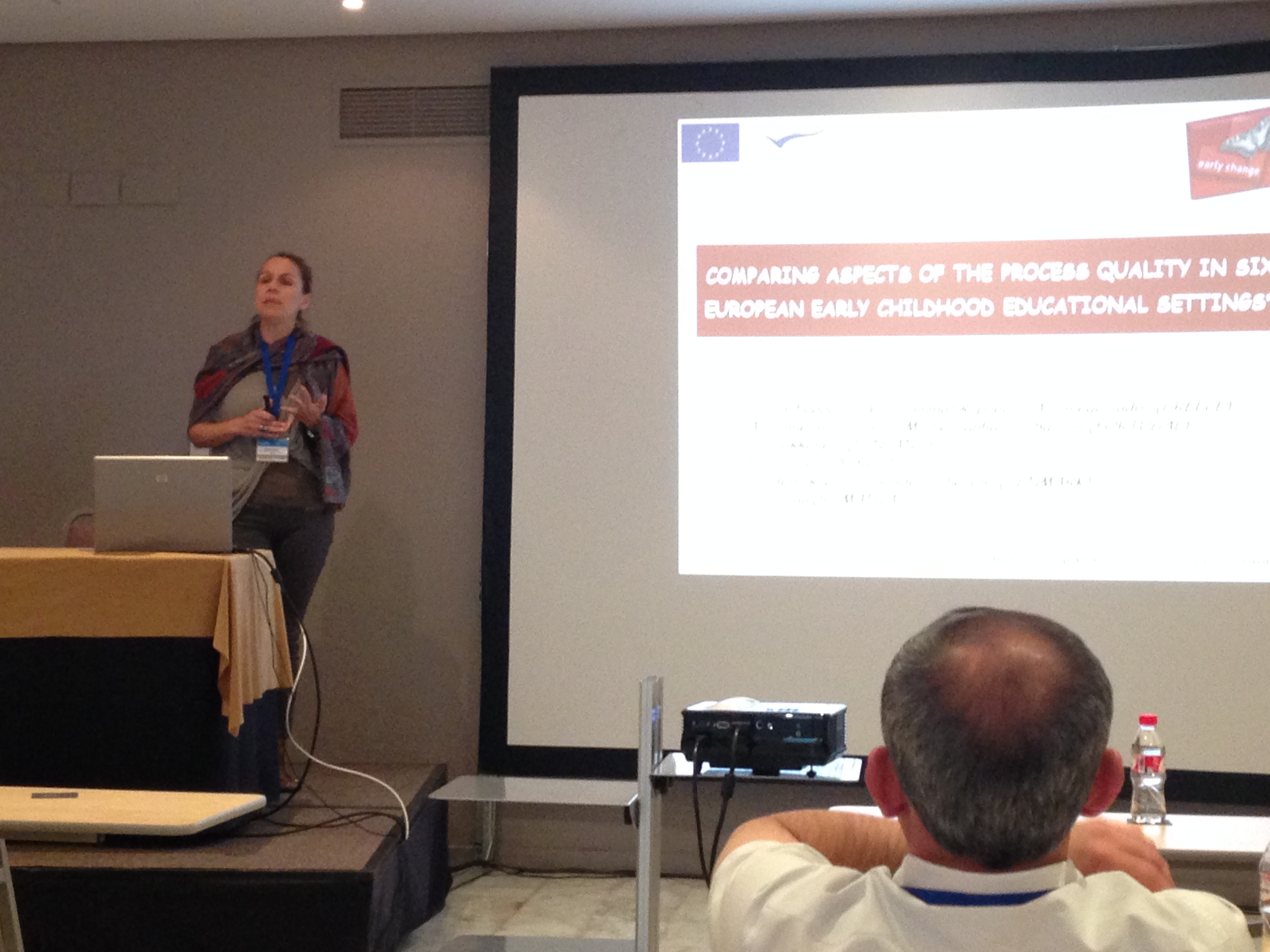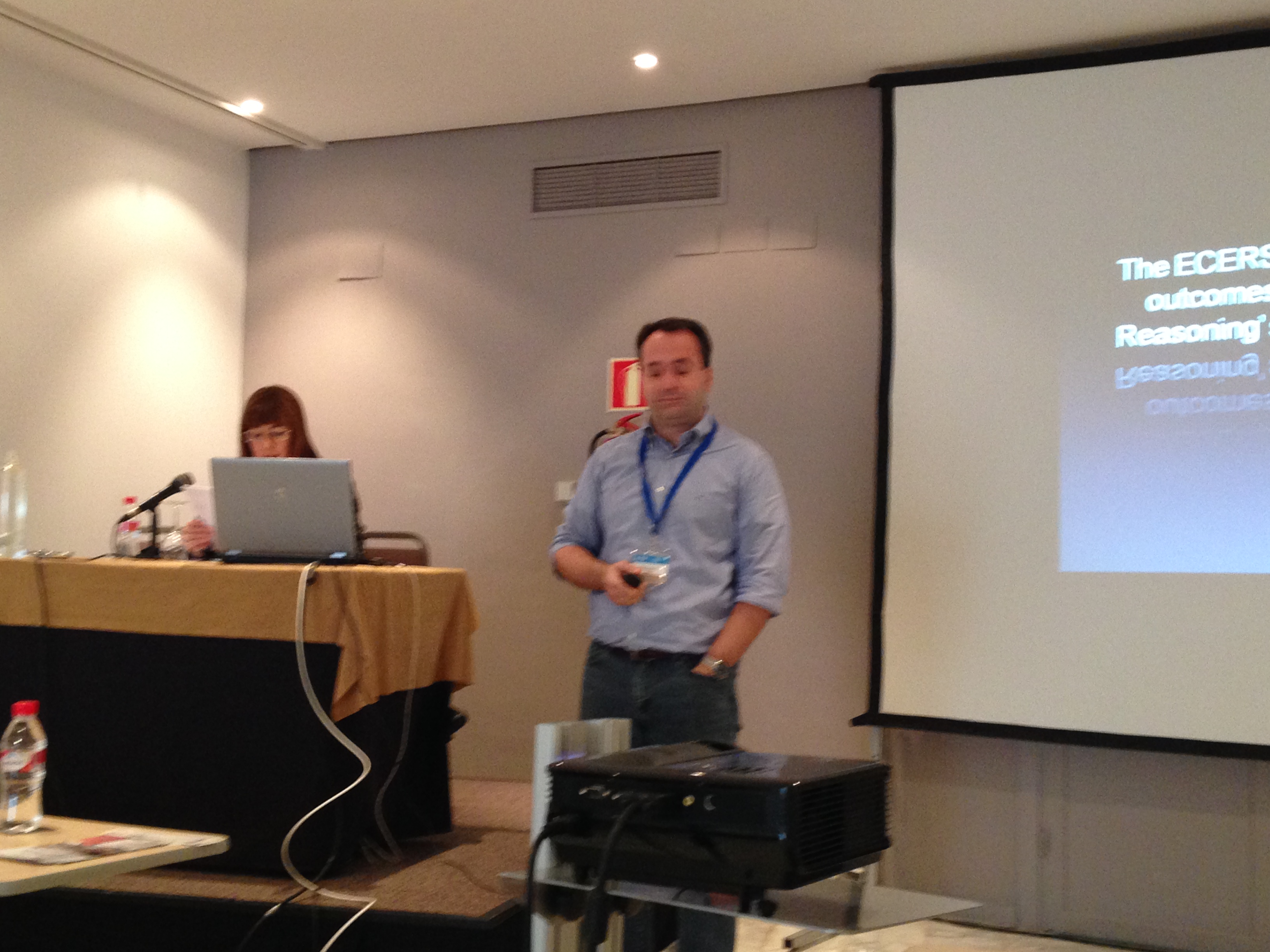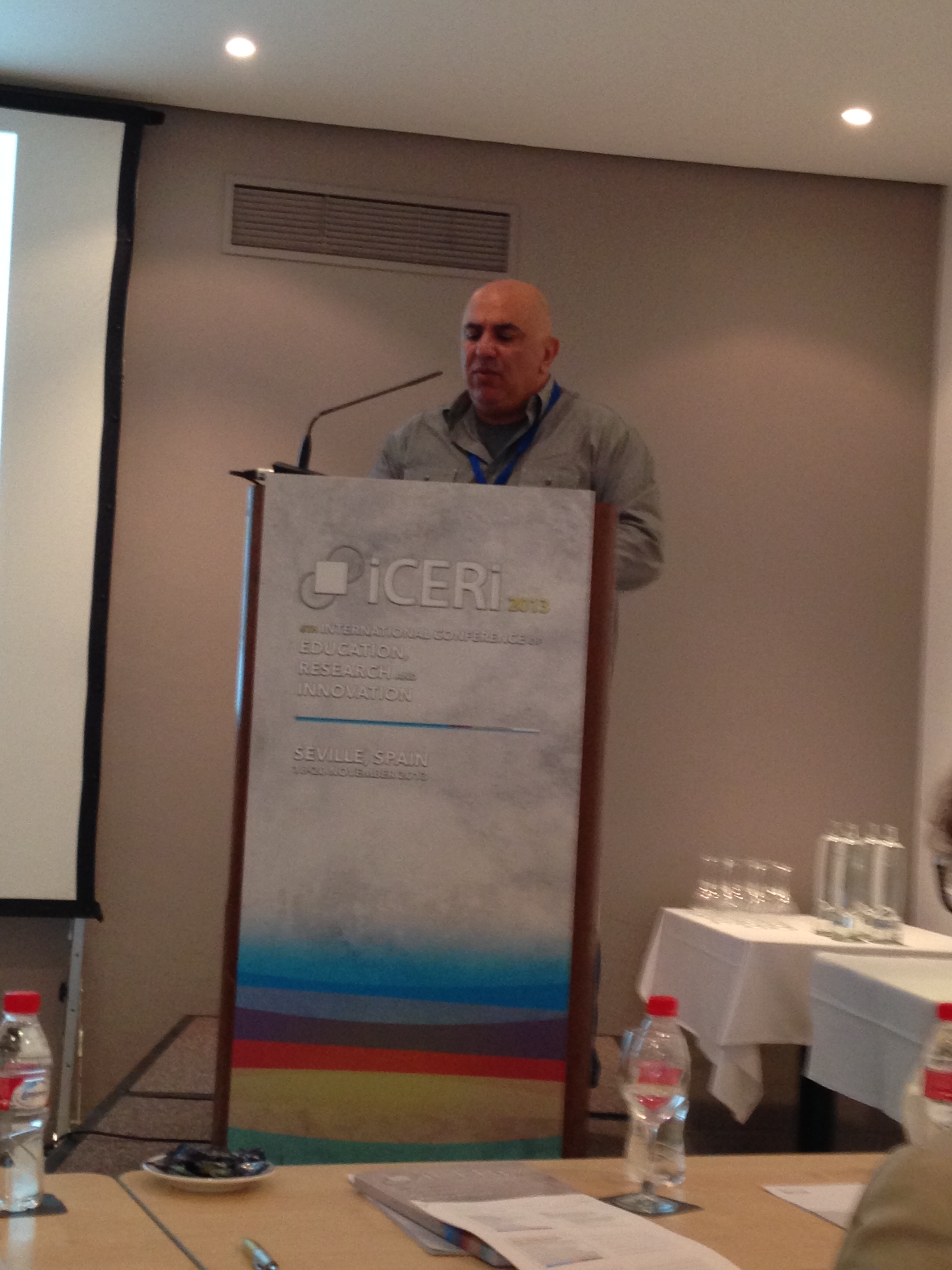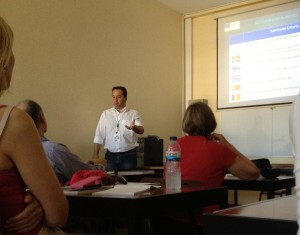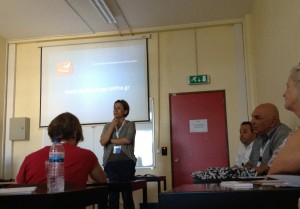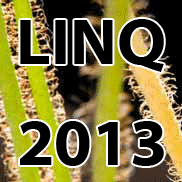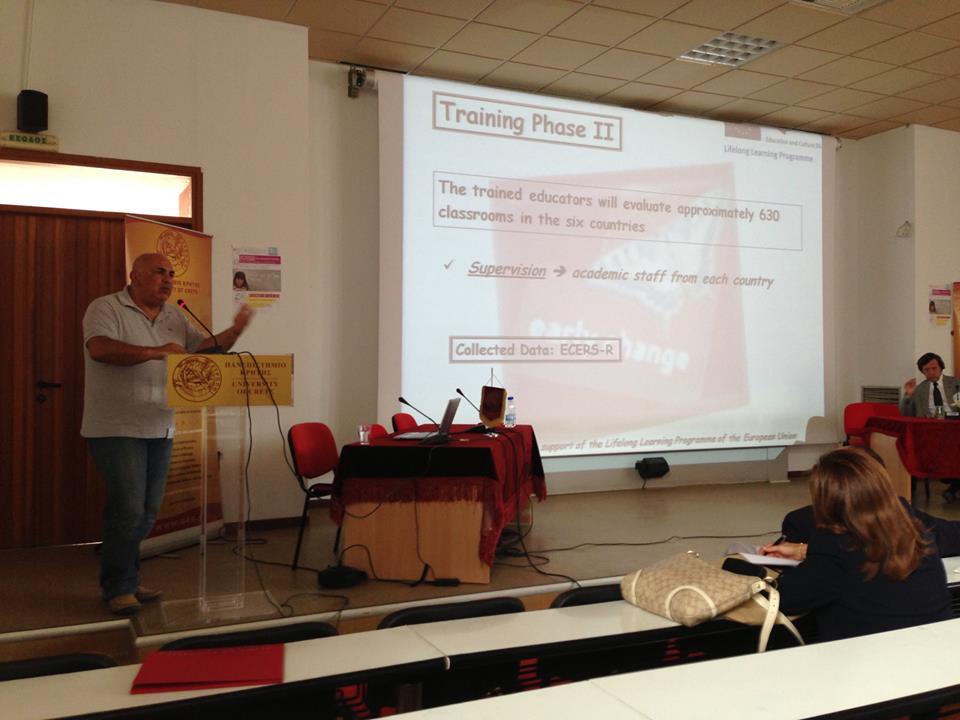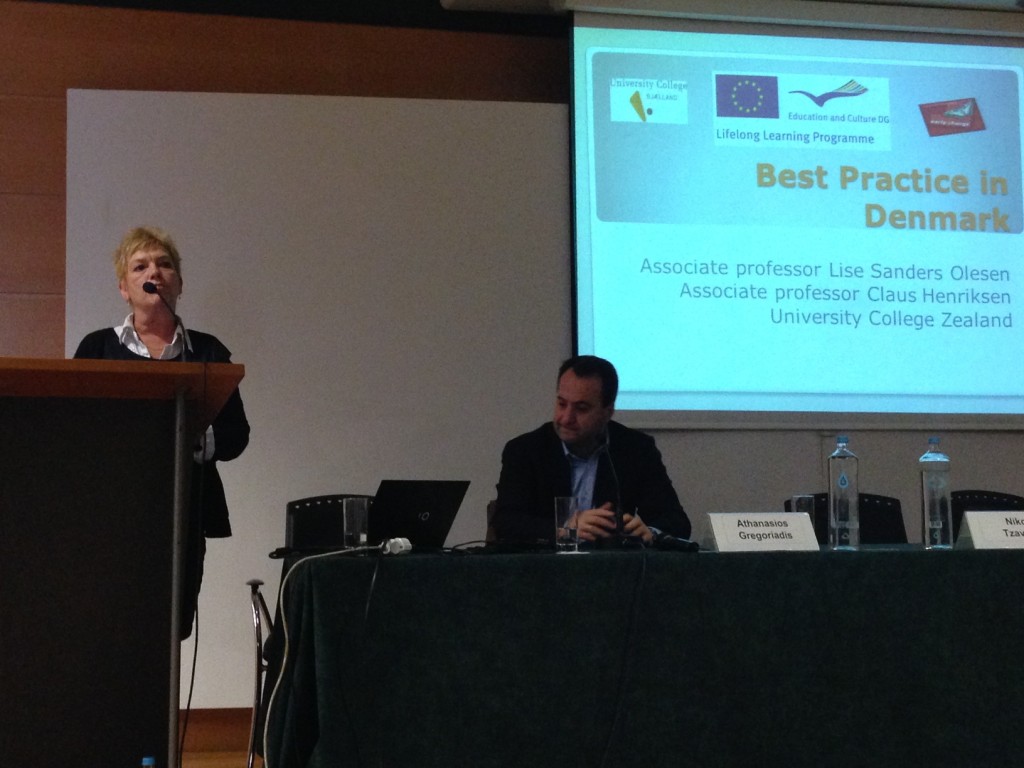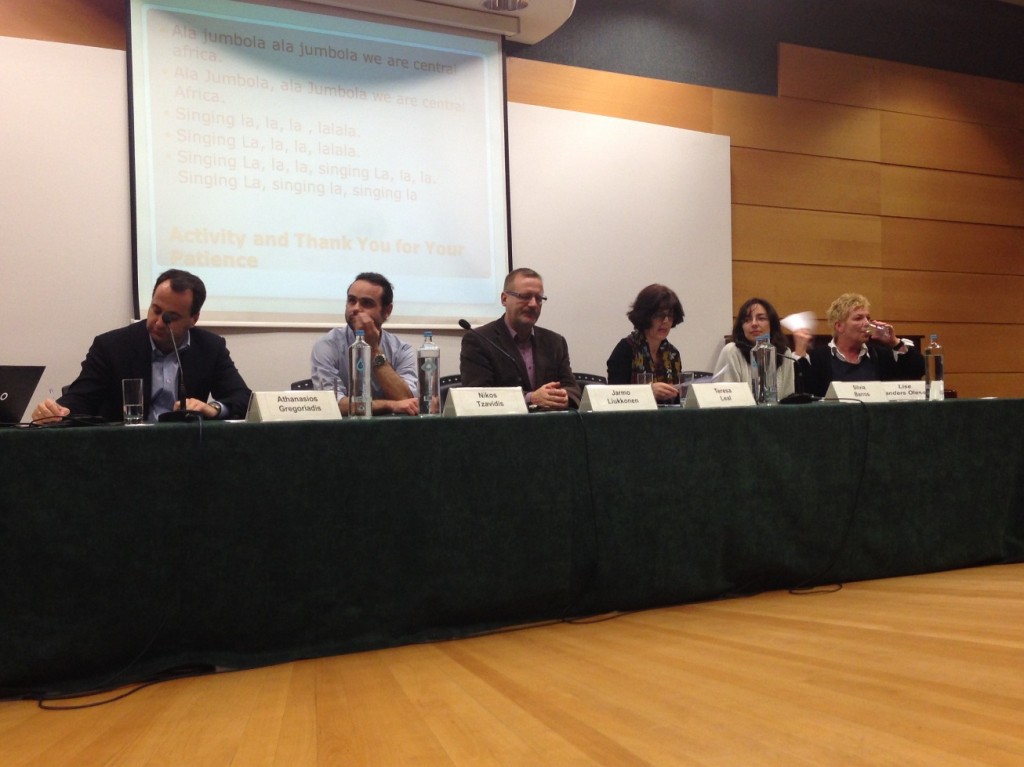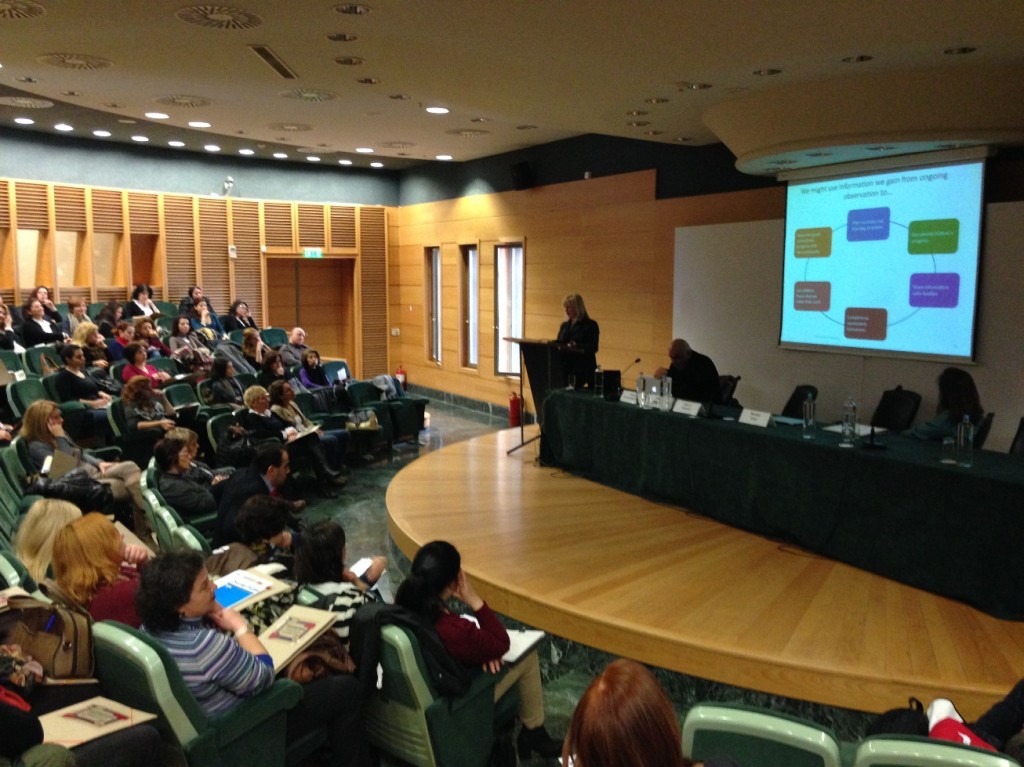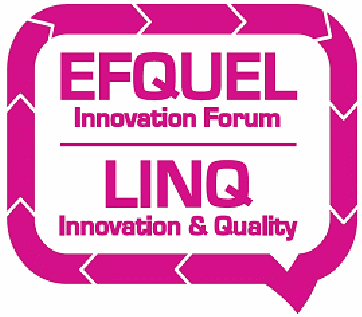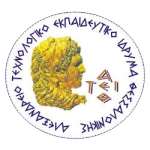In our project we use the Scopia Desktop, a product of RADVISION.
Scopia Desktop:
Create conference rooms without walls
Connect from anywhere, create a virtual conference room and invite users or room systems. The network is not in your way with Embedded Firewall Traversal and Extreme Network Tolerance with H.264 SVC (Scalable Video Coding).
HD everywhere
Bring your room system experience with you, wherever you go, to whatever desktop you use. Experience High Definition video and presentations with a webcam on either a PC or a Mac.
Never miss anything
With SCOPIA Desktop’s advanced data collaboration you can go back and review previously presented material if you arrive late. Any participant can also record a meeting and view the recording on a desktop or device when not connected.
Works the way you work
Integrated with Microsoft® Office® or IBM® Lotus® Notes® on your desktop. Utilize your existing Microsoft Active Directory® or Lotus Domino® infrastructure.
One on one or as a group
Optimized for one on one meetings with its presence based calling and invitations. Bring more people to the meeting with seamless escalation to multi-party conferences.
SCOPIA Desktop Features
High Definition Experience
• HD video using H.264 up to 720p
• Built-in enhanced CPU and network awareness
• Extreme network tolerance using H.264 SVC
• HD presentation using H.264 up to 720p
Meeting Types
• Un-moderated meetings – anyone can control the meeting
• Moderated meetings – with moderator PIN for control
• Personal virtual rooms
Data Collaboration
• H.239 based data collaboration with annotation
• Room system-compatible data collaboration
(H.263+, H.264 HD)
• Individually review previous data without interrupting presentation flow
• Text chats with emotions for desktop users
Layout Selection
• Choose personal layout (SCOPIA Elite)
• Drag & Drop (SCOPIA Elite)
• Video or data focused, or both side-by-side
• Full screen video or data
• Automatic based on meeting context
User Controls
• Mute/un-mute
• Stop/start video
• Turn on/off self-view
• Callback of my voice or video number
• View consolidated participants list (desktops and rooms)
• DTMF keypad
Moderator Controls
• Acquire moderation rights (may require moderator PIN)
• Lock meeting
• Terminate meeting
• Invite a phone without having to know the dial plan
• Start/stop streaming
• Mute, un-mute and disconnect any participant
• Lecture mode (SCOPIA Elite)
• Request to speak/raise hand
Built-In NAT and Firewall Traversal
• Automatic embedded firewall traversal at no extra cost
• Automatically handles local and remote NAT private networks
• Automatic detection of optimal media path: UDP or TCP
Management
• Bandwidth management of calls
• Centralized monitoring
Scheduling and Reservation
• Outlook and Notes plug-in for easy meeting scheduling
• Web-based meeting scheduling from any browser
• Ports can be reserved assuring availability for critical meetings
RADVISION (NASDAQ: RVSN) is a provider of market-proven products and technologies for unified visual communications over IP and 3G networks. For more information about RADVISION, visit www.radvision.com


